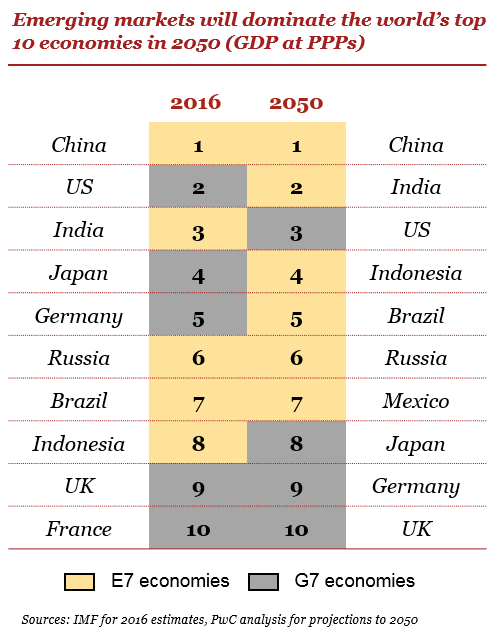The winner-takes-all phenomenon in business is appealing. All entrepreneurs dream of their products being used by everyone in the market. Large tech companies such as Microsoft, Facebook, Uber, Amazon, and Netflix derive their massive valuations by dominating their respective markets. How did they achieve this dominance, and do new startups have a chance against them?
The primary cause of this massive growth of large tech companies in a short period is network effects. Many tech products grow more useful as more users use them, so larger the user base gets the more benefit each user is able to derive. This kicks in a positive feedback cycle whereby the tech product’s value increases exponentially (and becomes hard to dislodge by competitors). This increase in benefits with numbers of users is unprecedented in history. In the non-tech products world, if you use a particular brand of toothpaste, you do not make it more likely for a random stranger to pick up that brand of toothpaste. (Yes, word of mouth exists for non-tech products but that’s about it.) ...
